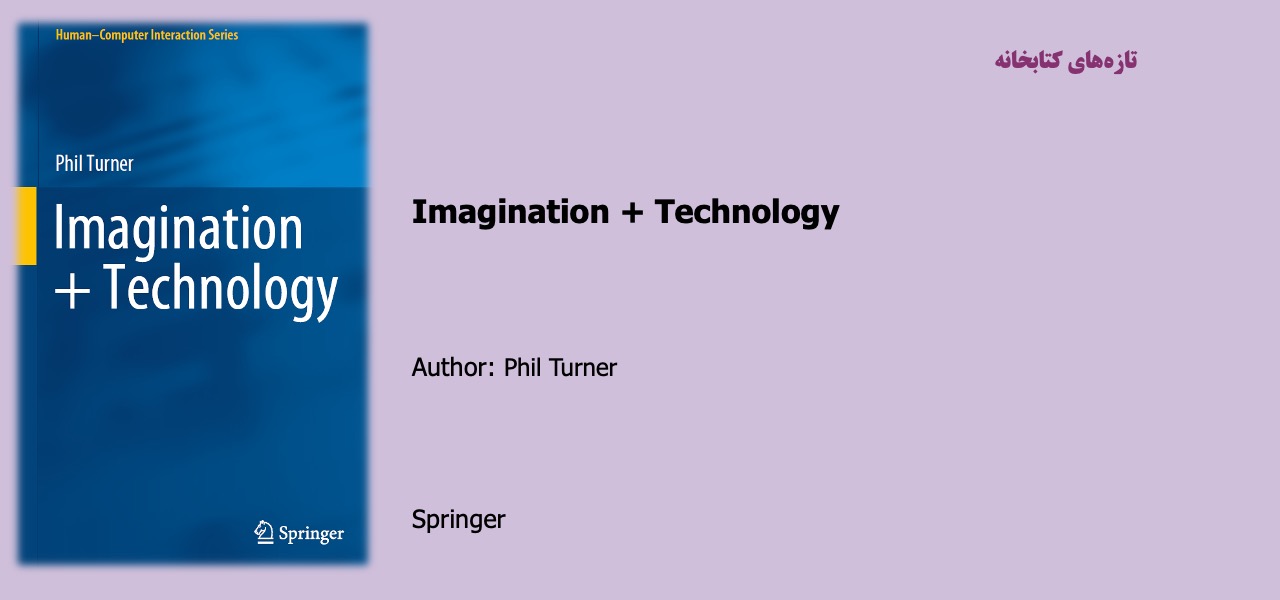
Imagination + Technology
In this book, we pose the question, “Is imagination important to human-computer interaction (HCI)?”. While denying such a role is not plausible, the evidence suggests otherwise. There is no substantive treatment of imagination anywhere to be found in the HCI literature. There is no reference to imagination in accounts and models of interaction, or any mention of imagination in any of the popular HCI undergraduate textbooks, and there is little or no mention of it (except obliquely) in the numerous design guidelines distilled from good practice. Yet as HCI professionals, practitioners, researchers, teachers...
مطالعه متن کامل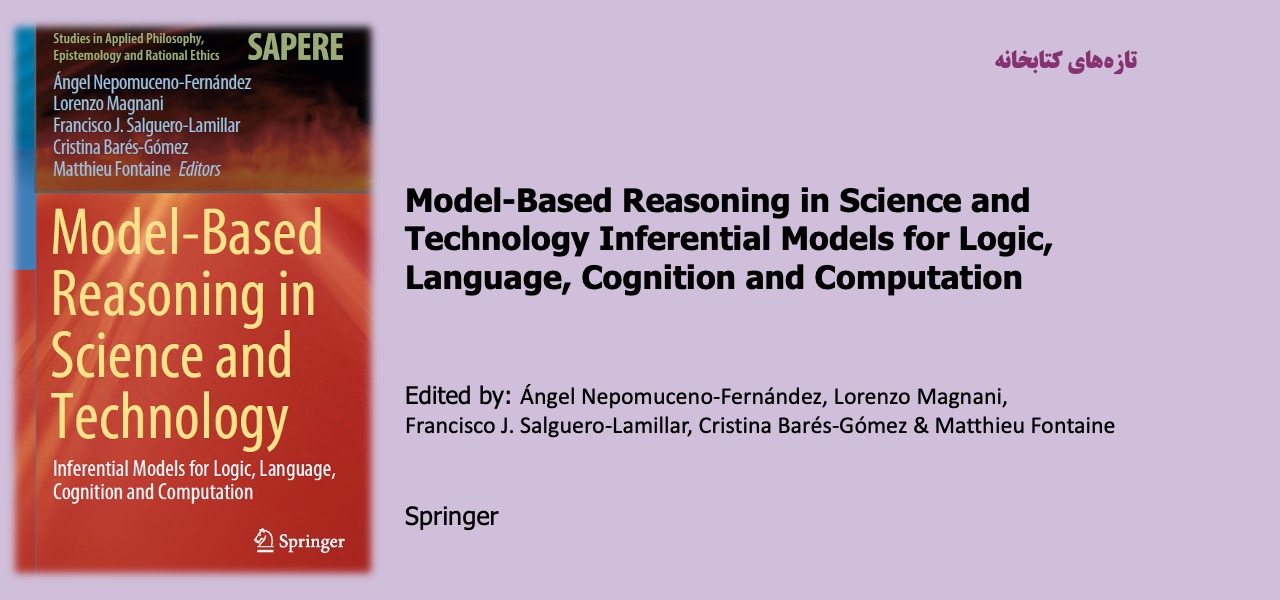
Model-Based Reasoning in Science and Technology Inferential Models for Logic, Language, Cognition and Computation
According to one influential view, model-building in science is primarily a matter of simplifying theoretical descriptions of...
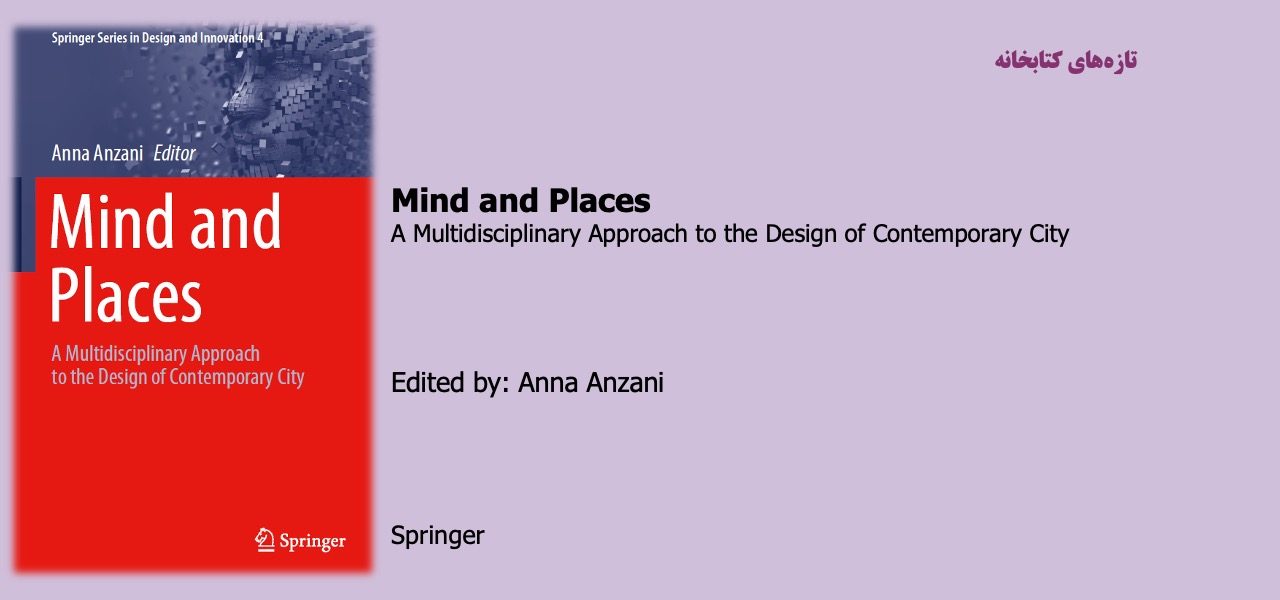
Mind and Places A Multidisciplinary Approach to the Design of Contemporary City
Thinking about the design of the contemporary city in relation to “mind” and “place” is in many...
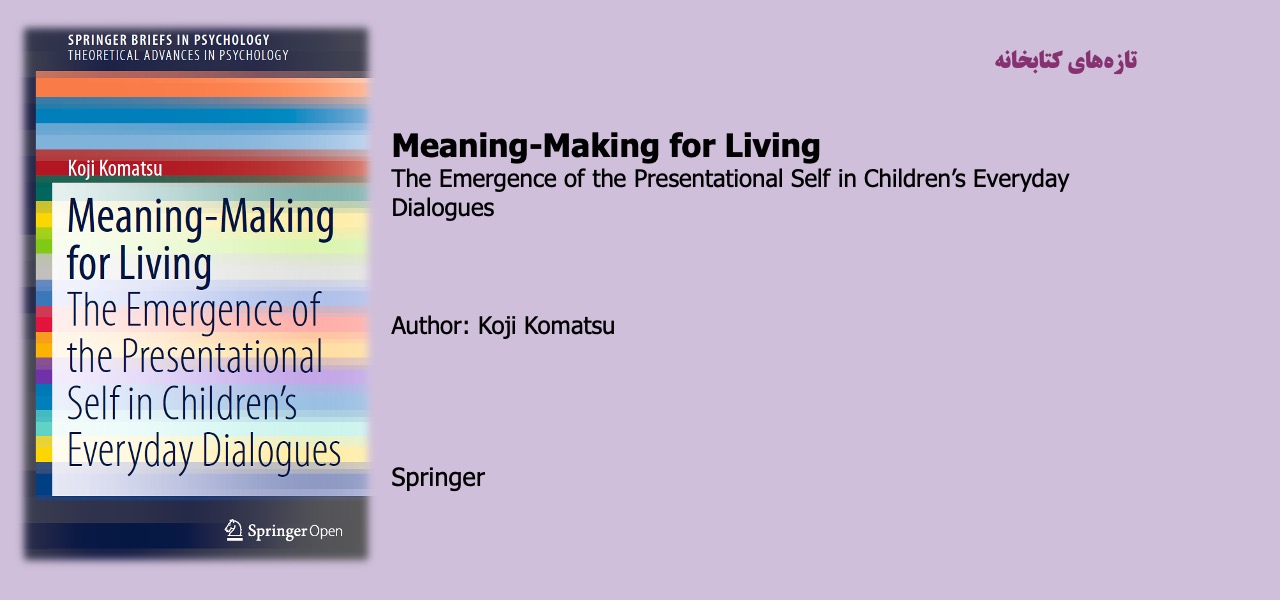
Meaning-Making for Living The Emergence of the Presentational Self in Children’s Everyday Dialogues
It could be said that William Shakespeare should be remembered as a prominent psychologist, as the beauty...
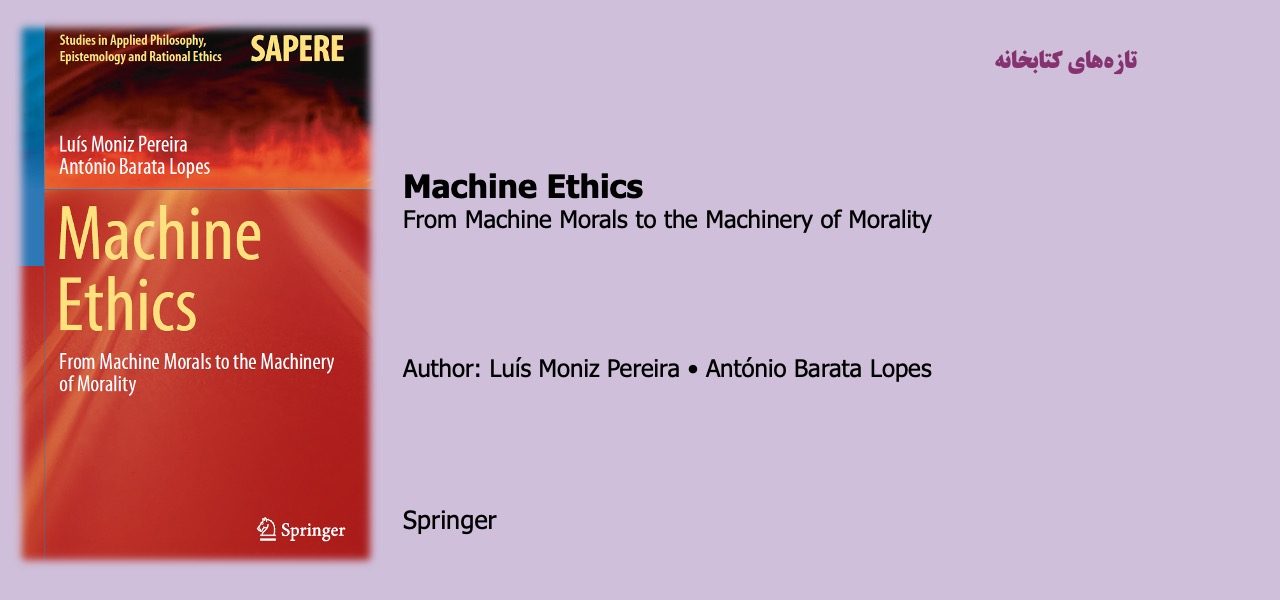
Machine Ethics From Machine Morals to the Machinery of Morality
The present work has as main object of the recent inquiries of Luís Moniz Pereira in the...
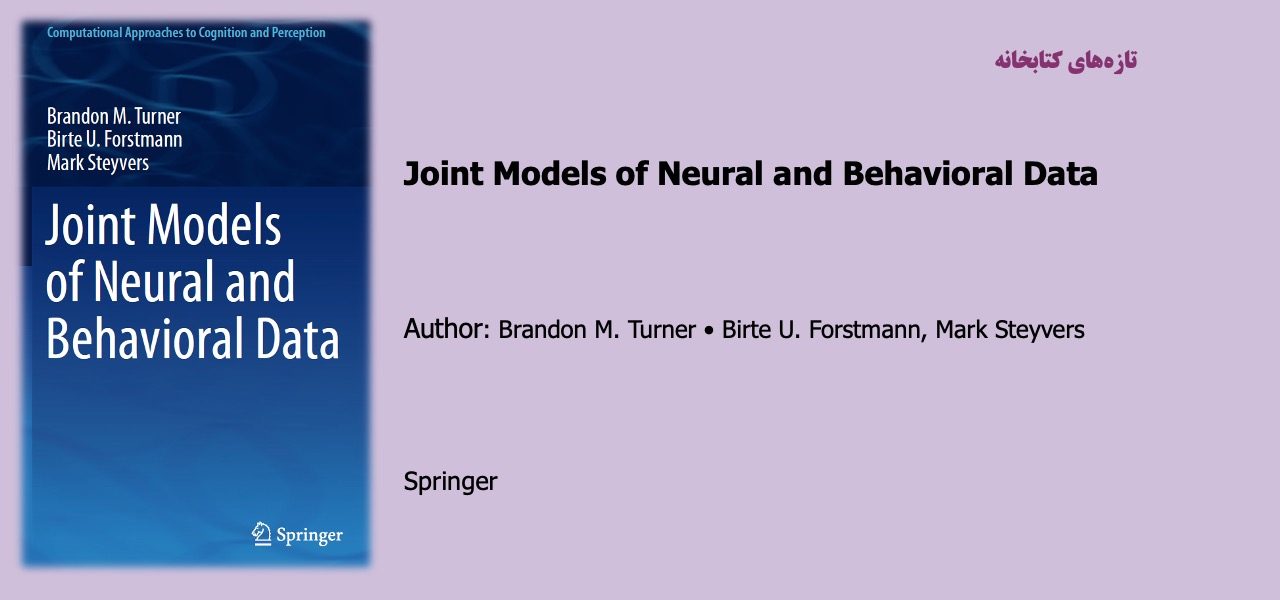
Joint Models of Neural and Behavioral Data
Psychologists know well that understanding and predicting human behavior are incredibly difficult. Likewise, neuroscientists are acutely aware...
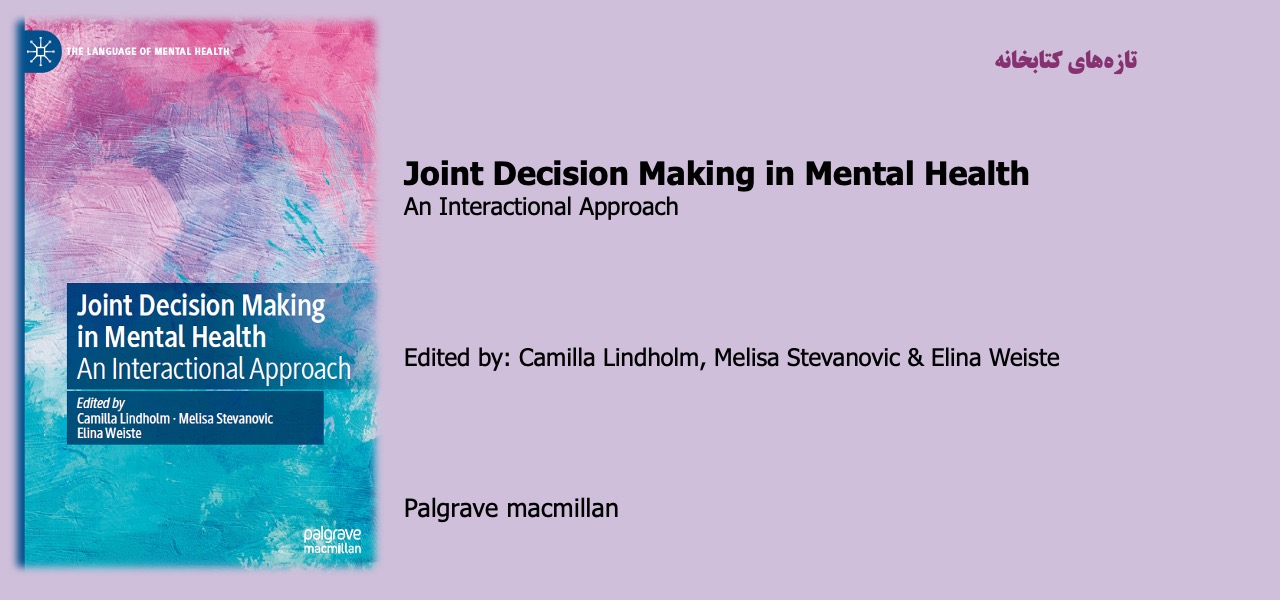
Joint Decision Making in Mental Health An Interactional Approach
Social inclusion and exclusion are successful buzzwords in today’s political discourse. At their core, these concepts were...
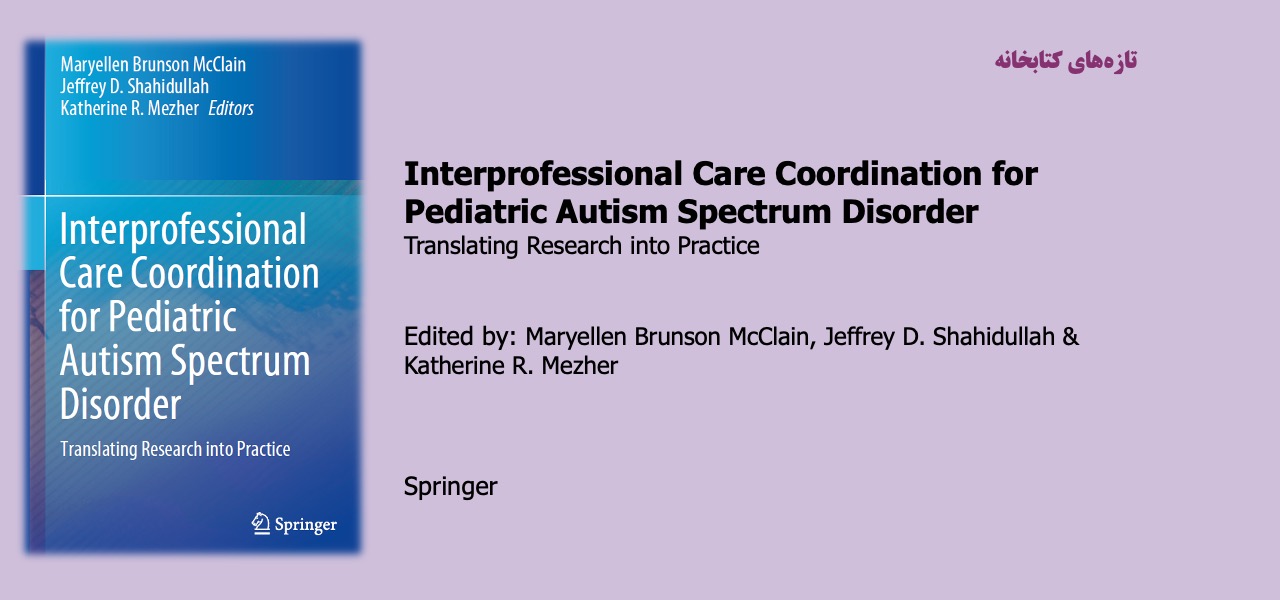
Interprofessional Care Coordination for Pediatric Autism Spectrum Disorder: Translating Research into Practice
This chapter introduces this book and its central purpose. Autism spectrum disorder, its associated symptoms, and rising...
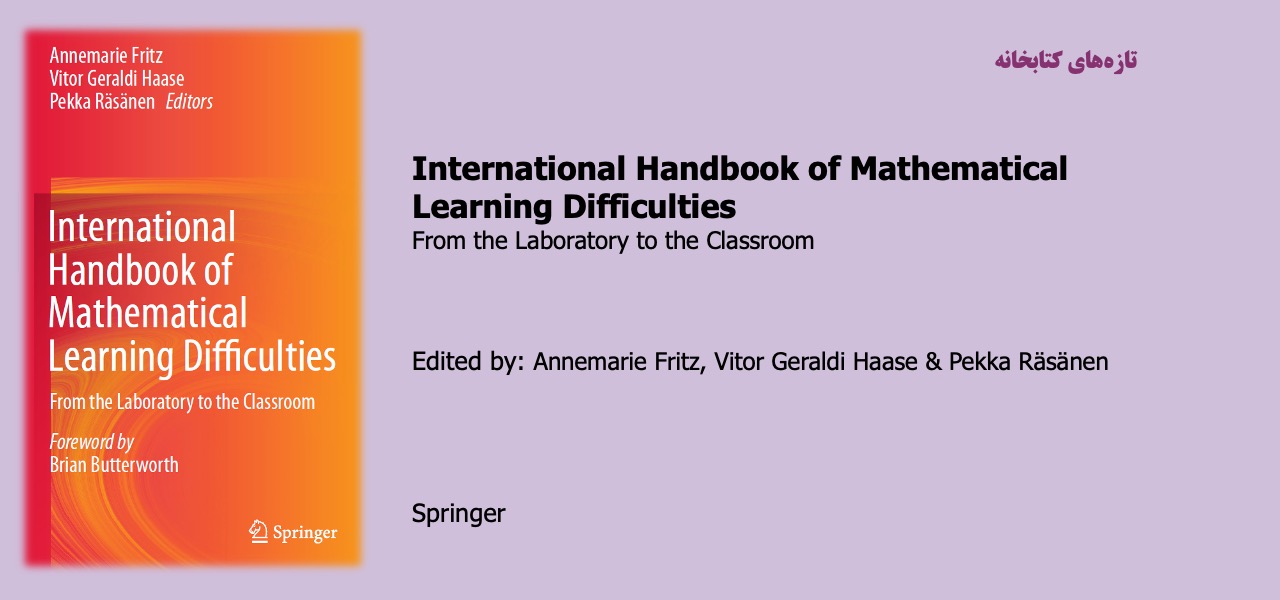
International Handbook of Mathematical Learning Difficulties
Mathematical attainment is important for both individuals and societies. Despite widespread understanding that this is the case,...

